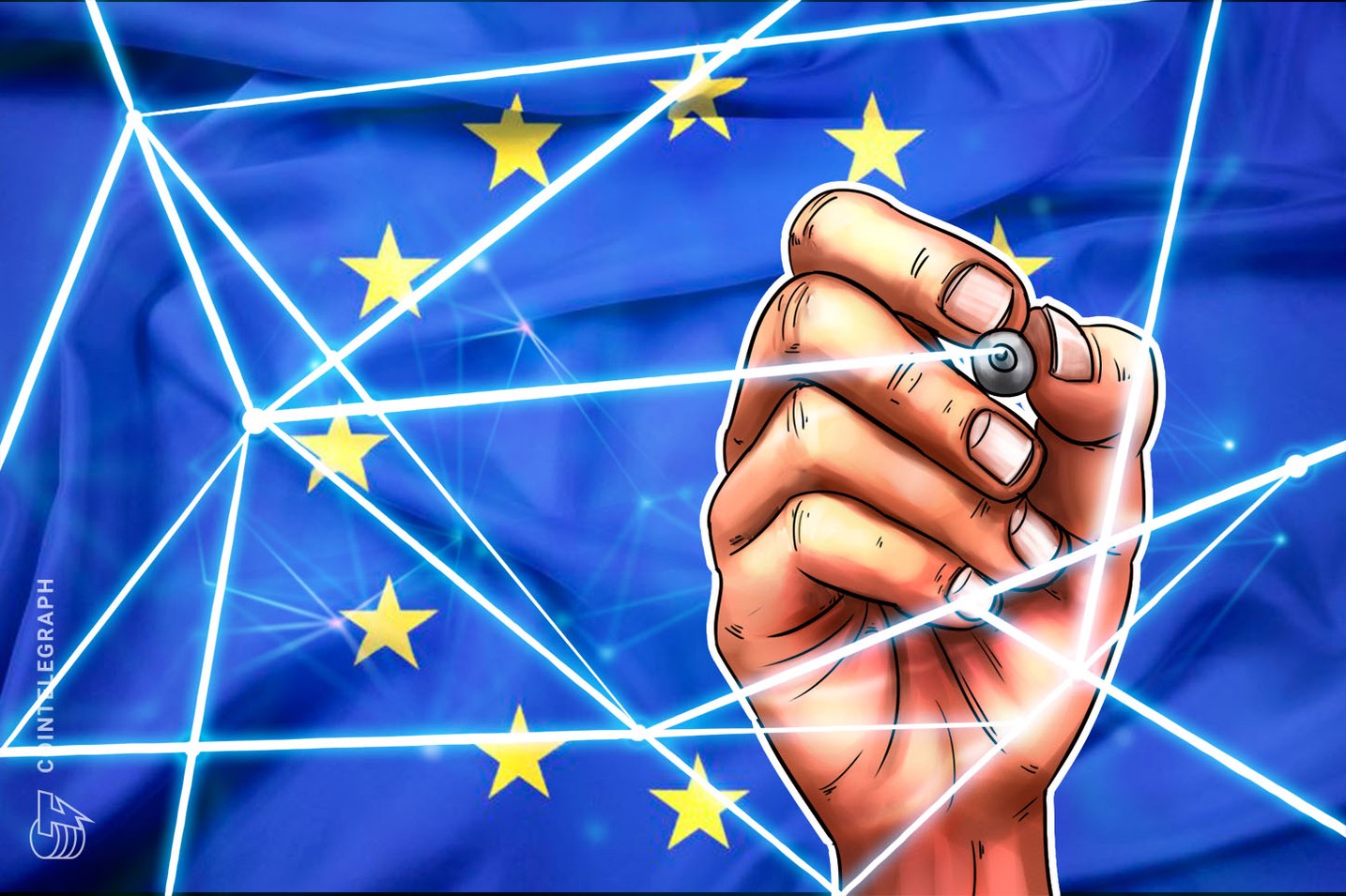The International Association for Trusted Blockchain Applications (INATBA) released a new report highlighting that trends in European Union blockchain projects have moved beyond the hype cycle.
According to INATBA, blockchain-based projects in the region are no longer in a hype phase, rather projects are now focused on demonstrating “practical applicability across industries and public sector.”
Public infrastructure innovations
The report highlights key public infrastructure initiatives like the European Blockchain Services Infrastructure (EBSI) and the EU Blockchain Observatory and Forum (EUBOF), which are critical in shaping Europe’s digital future.
Other projects that have proven to be pivotal in enhancing transparency and efficiency in supply chain management in the EU region are focusing on Supply Chain and Digital Product Passports (DPP).
On July 12, the EU confirmed its collaboration with ChromaWay to develop blockchain-based sustainability solutions for DPPs. Industry experts have also suggested blockchain-based ZK-proofs as solutions for the EU’s proposed digital IDs.
INATBA found that the next decade will be “pivotal” for blockchain offerings in enhanced security, automation, governance and efficiency. It suggested that public institutions and corporations must “invest robustly” to stay competitive and sustainable.
Reshaping industrial priorities
Over the last 30 years, the industrial sector has experienced rapid technical innovation, which includes advancements in connected data exchange, cloud computing, Internet of Things and now blockchain and AI.
These developments enable the digital execution and planning of industrial services but also present challenges for legacy systems and future AI threats.
The report said industrial priorities have been reshaped, in the last five years, with an emphasis on the need for more resilience and adaptability. It said blockchain must be thought of as a “fundamental” piece of the puzzle.
“Innovation is no longer optional but essential for navigating future challenges, requiring continuous pursuit of excellence.”
However, it also recognized that wherever innovation occurs, there are challenges. Some of the short-term challenges identified include the efficient organization and management of industrial processes and resources that leverage blockchain and AI.
Europe has been one of the most proactive regions globally in addressing emerging technologies such as AI, blockchain, and cryptocurrencies by issuing regulations for these industries.
